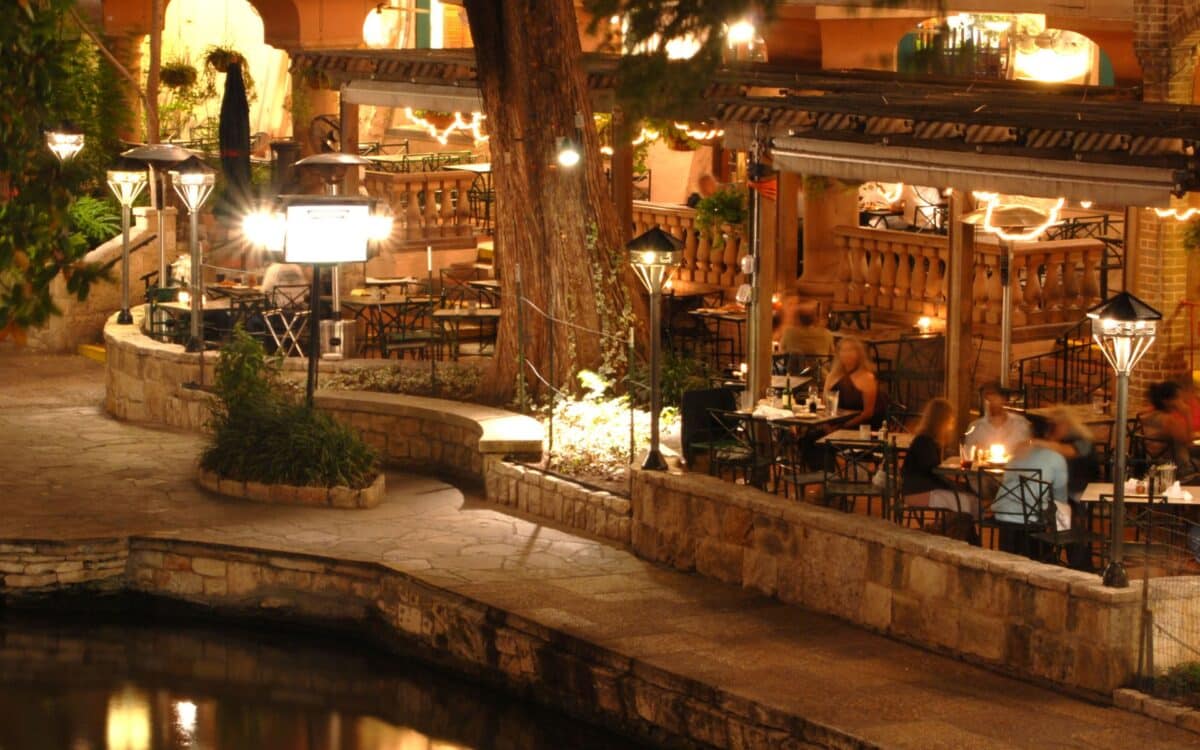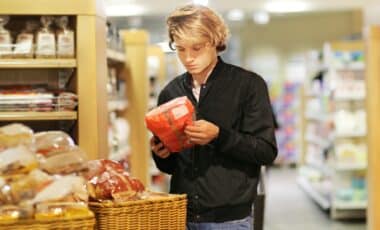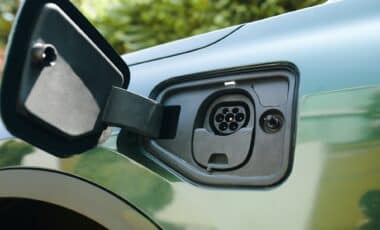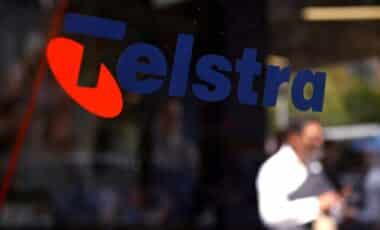Australians are bracing for a significant increase in the cost of dining out and enjoying meals at cafes, pubs, and restaurants over the upcoming April long weekend.
Due to rising surcharges at cafes, pubs, and restaurants, millions of dollars will be added to the total spending on meals and drinks. New research reveals that Aussies will collectively spend an additional $98.4 million as businesses look to cover the additional costs of public holidays.
The surcharges are expected to cause a noticeable hike in the overall cost of dining out, with key public holidays like Good Friday and Easter Sunday driving up prices. According to News, this surge in spending reflects the growing financial burden of dining out during these peak times.
Surcharge Impact on Dining Out
Research from Money.com.au, conducted exclusively for NewsWire, reveals that Australians will face significant surcharge costs during key public holidays in April. This includes Good Friday, Easter Saturday, Easter Sunday, Easter Monday, and Anzac Day.
The surcharge for dining on these days is estimated at about $24.6 million per public holiday. This surcharge, typically ranging between 10 to 15 percent, can add an extra $10 to $20 to a $100 meal, with some venues charging as much as 20 percent.
Sean Callery, a finance expert at Money.com.au, emphasized the importance of checking these fees before ordering.
Public holiday surcharges can lead to bill shock, so it’s up to you to check the fees, which should be clearly displayed on the menu or elsewhere, before you order.
They usually range from 10 to 15 per cent, but some venues charge as much as 20 per cent. That means a $100 meal could end up costing you an extra $10 to $20, depending on where you go.
Public holiday surcharges, while helping businesses cover the high costs of staffing and operations, often lead to “bill shock” for customers.
Regional Towns Set to Benefit
While the surcharge may dampen the spirits of some city-dwellers, regional Australia stands to benefit, particularly in the dining out and tourism sectors. NAB’s research forecasts that over $750 million will be spent on regional tourism over the Easter period.
This includes significant spending on accommodation, hospitality, and tourist attractions. Regional cafes, restaurants, and accommodations are expected to experience a surge in sales as Australians choose more affordable holiday options closer to home.
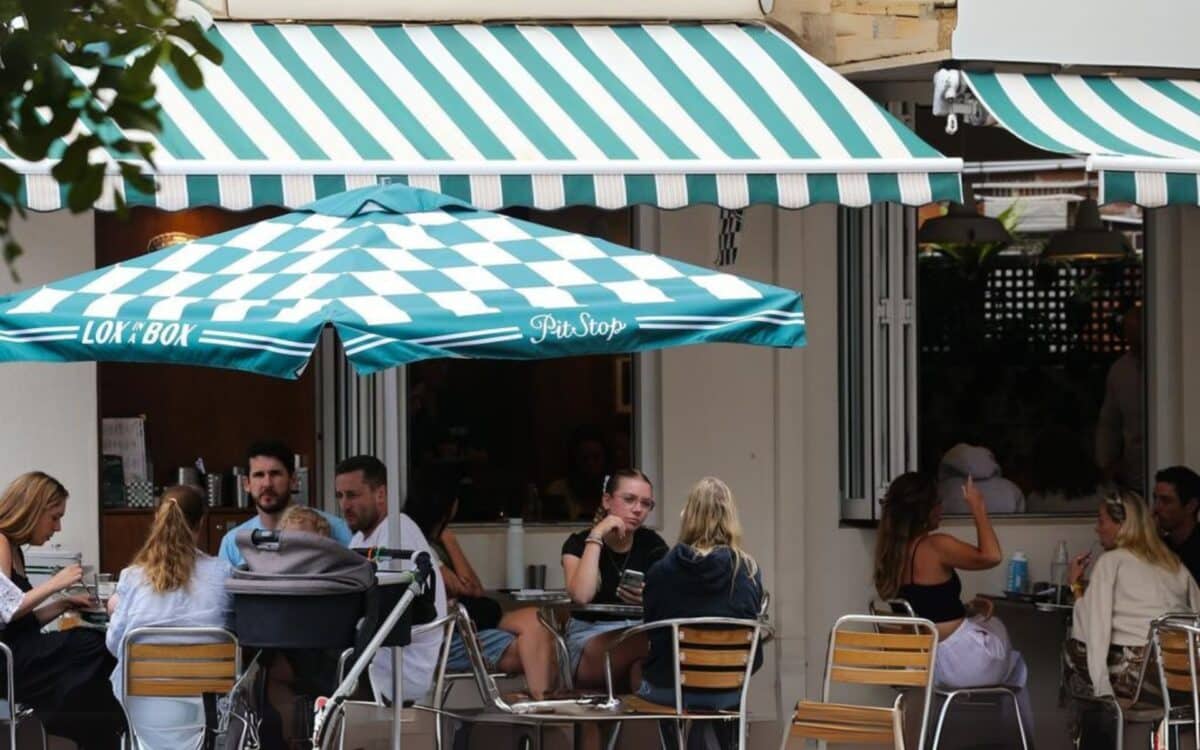
Interestingly, road trips are becoming a more cost-effective vacation option for families looking to avoid the high costs of overseas travel.
With cost of living still at the forefront of many people’s minds, road trips across Australia are proving to be a more cost-effective way families can enjoy some time away and make new memories without the price tag of an overseas trip.
NAB’s Larna Manson notes that regional service stations will also see a significant uptick in spending, with $450 million expected to be spent across the country’s petrol stations during the long weekend.
The Effect on Consumer Spending
Despite these spending patterns, the surcharges and increased holiday spending are unlikely to influence the Reserve Bank of Australia’s (RBA) decision on interest rates. Dr. Shane Oliver, AMP’s chief economist, notes that the RBA adjusts for seasonal variations in its economic data.
It’ll have no impact on the RBA’s thinking regarding interest rates because it just gets adjusted for even if there is a bit of extra spending [over the holiday period].
Dr. Oliver explains that while the increase in spending during holidays might be highlighted as a record, this trend happens every year.
Things naturally grow, such as population and wages. If your wages grow by say 3 per cent more than a year ago, naturally you might spend 3 per cent more all things being equal – he said.
Every year is going to be a record high unless there is a deep recession.
He also notes that while some consumers may be hesitant to spend due to the surcharge, the overall impact on consumer behavior is likely to remain unchanged.
This may make some people a bit reticent and they might think twice about spending, but still I think most people would still spend – Dr. Oliver said.
The overlap of school holidays this year could create further complexities, as some individuals may opt to dine in rather than dine out to save money.
You can sort of think I would normally go out to the cafe or the restaurant on Easter Saturday, but might think, oh I’m on holiday I’ll eat in this Easter and go out later when it’s a bit cheaper, say Tuesday, so you could have perverse effects like that.

